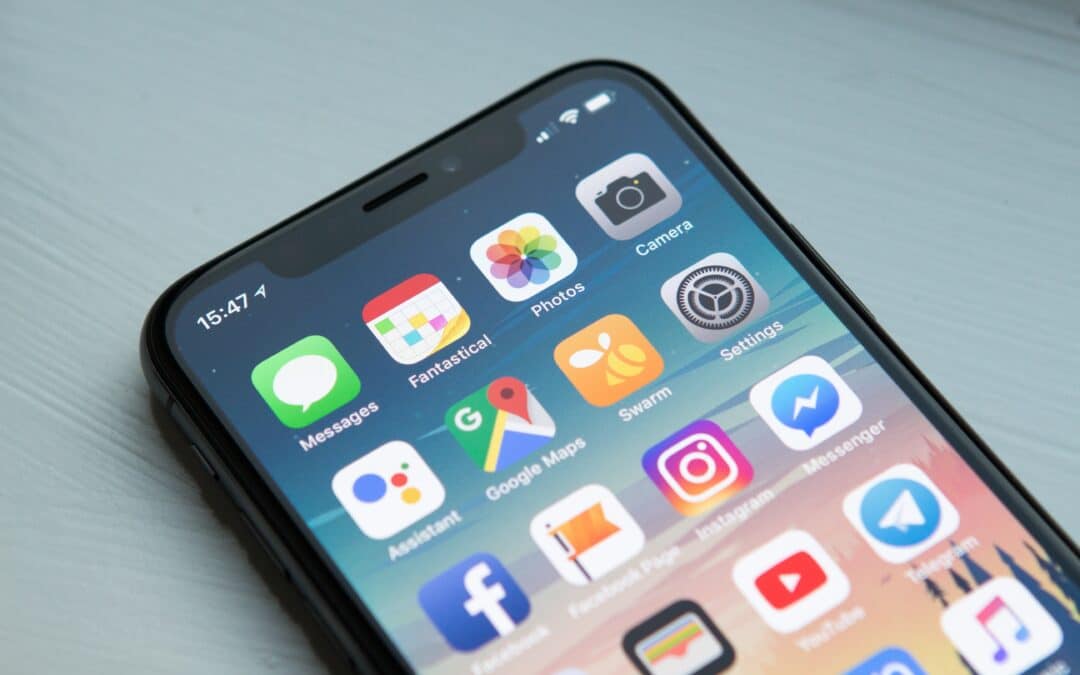Censoring on behalf of government discovered in Congress. Photo courtesy Unsplash/William Hook.
After years of refusing to release the files or answer questions on its work with the government over the censorship of its users, Facebook yielded after Congress threatened contempt sanctions. The files are chilling but familiar.
They include the government’s insistence on the censoring of official and true information on the side effects of the Covid vaccines as well as the origin of the virus.
At one point, Nick Clegg, the company’s president of global affairs asked “Can someone quickly remind me why we were removing—rather than demoting/labeling—claims that Covid is man made.” The Vice President in charge of content policy responded, “We were under pressure from the administration and others to do more. We shouldn’t have done it.”
COVID-19, the flu and the common cold all walk into a bar. The bartender asks, “what is this? Some kind of sick joke?”
Indeed, it is one of the many COVID-19 jokes that raged on the internet during the pandemic. What citizens did not know is that the Biden administration was tracking the laugh lines for censorship, along with other views it found neither funny nor helpful.
The newly released “Facebook Files” revealed a concerted effort by the Biden administration to censor not just false information, but also true information, along with jokes that its functionaries simply found annoying.
Months ago, I testified before Congress on censorship after Elon Musk’s release of internal Twitter communications, also known as the Twitter Files. I warned that the government was engaging in “censorship by surrogate,” using corporate allies to do indirectly what it is legally prevented from doing directly.
Facebook had refused to open its own files on government censorship efforts. That came to an end when the House Judiciary Committee finally moved to hold Facebook CEO Mark Zuckerberg in contempt of Congress.
The resulting Facebook Files confirmed what many of us have suspected for years. Indeed, the emails proved to be a mirror image of what had occurred at Twitter—a massive effort by the government to pressure the company to censor its critics and other dissenting voices.
Facebook executives used similar language to lament the “overwhelming” effort of the government to censor citizens and its unwillingness to take “no” for an answer.
Over at Twitter, executives described a deluge of demands for censorship from federal officials at the FBI and other agencies. One official wrote that “[t]he FBI has some folks in the Baltimore field office and at HQ that are just doing keyword searches for violations. This is probably the 10th request I have dealt with in the last 5 days.”
In January 2020, Twitter’s then-director of policy and philanthropy, Carlos Monje Jr., expressed unease about the pressure coming from the FBI. “They are probing & pushing everywhere they can (including by whispering to congressional staff),” he said.
One email from August 2022 sent “long lists of newspapers, tweets or YouTube videos” deemed to be voicing “anti-Ukraine narratives.” Even satirical and comedy sites were reportedly designated by the government for removal.
Now we know that Facebook executives were facing the same insatiable government desire for censorship. In an April 2021 email, Nick Clegg, Facebook’s president for global affairs, wrote to colleagues that Andy Slavitt, a senior adviser to Biden who was steering COVID-19 policy, “was outraged—not too strong a word to describe his reaction —that [Facebook] did not remove this post.”
The post was actually a humorous meme shared by a user named Timothy McComas. It featured actor Leonardo DiCaprio’s character from the film “Once Upon a Time…in Hollywood,” pointing at a TV with a beer and cigarette in hand. The caption read: “10 years from now, you will be watching TV and hear… ‘Did you or a loved one take the COVID vaccine? You may be entitled…’”
Slavitt was not amused. More importantly, he was irate that others were amused. Hundreds of thousands of others.
He explained that McComas had to be censored because such humor “demonstrably inhibits confidence in COVID vaccines amongst those the Biden Administration is trying to reach.”
At the same time, the White House was targeting those with well-founded questions over the efficacy of masks, the relative protection of natural immunities and the harm posed to children in the pandemic measures. Facebook COO Sheryl Sandberg wrote: “We are facing continued pressure from external stakeholders, including the [Biden] White House” to remove posts criticizing COVID-19 vaccines.
As at Twitter, the pressure on Facebook was unrelenting. Even with a massive censorship partnership in place, President Joe Biden continued to accuse Big Tech of “killing people” by not censoring more citizens. Many of those targets are now recognized as having raised valid objections, including on the origins of the virus in a Chinese lab.
An August 2, 2021, Facebook email said that the company’s leadership “asked Misinfo Policy… to brainstorm some additional policy levers we can pull to be more aggressive against… misinformation. This is stemming from the continued criticism of our approach from the [Biden] administration.”
Facebook officials began to object, but continued to ban users. In one email, a vice president balked that “the [White House] has previously indicated that it thinks humor should be removed if it is premised on the vaccine having side effects, so we expect it would similarly want to see humor about vaccine hesitancy removed.”
There was to be no allowance for humor or even true information that did not advance the government’s narrative. The House has uncovered a myriad of grants given to academic and private groups to blacklist and target those with opposing views, including the posting of true information.
There was an array of government agencies targeting citizens and groups for censorship. In another hearing, I testified on efforts by Jen Easterly, who leads the Cybersecurity and Infrastructure Security Agency, to extend her regulatory authority by declaring that “critical infrastructure” includes “our cognitive infrastructure,” in which she saw it as her role to build “resilience to misinformation and disinformation.”
The administration also demanded the removal of “mal-information” that is “based on fact, but used out of context to mislead, harm, or manipulate.”
Government-funded groups such as the Stanford Virality Project declared that even “true stories… could fuel hesitancy” over taking the vaccine or other measures. The Twitter files showed that this included “worrisome jokes.”
The Biden administration and its allies were right about one thing: Jokes can be deadly to a censorship system. For centuries, humor has been the effective way to expose the abusive and often ridiculous efforts of censorship.
So, in an effort to make the government’s censorship listing, here is one that might resonate with the administration and its hosts on social media:
A coronavirus walks into a bar. The bartender says, “Sorry, we don’t serve viruses here!” The coronavirus replies, “Well, you’re not a very good host!”





 RSS - Posts
RSS - Posts